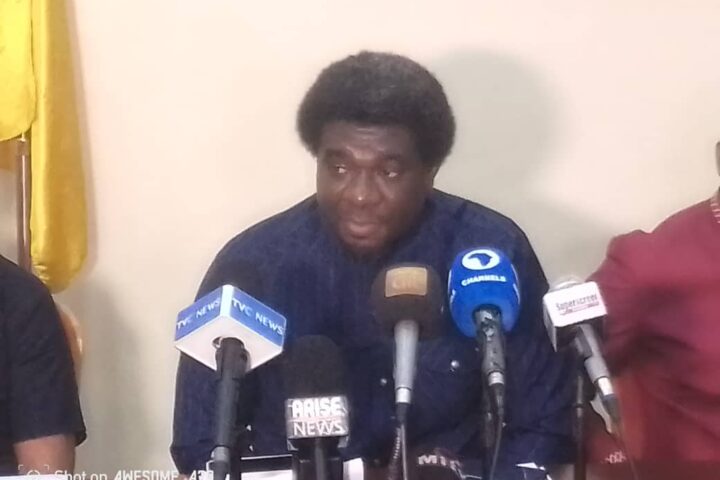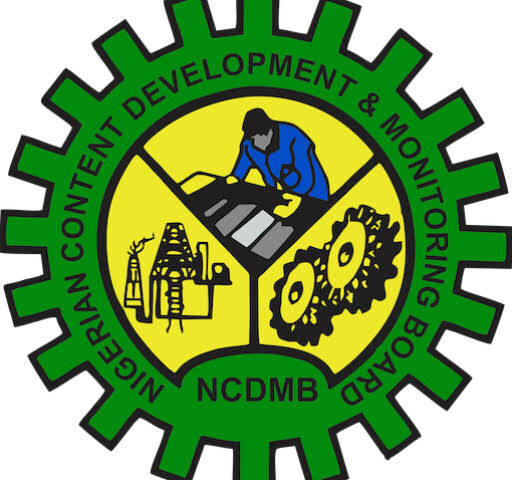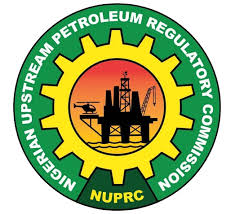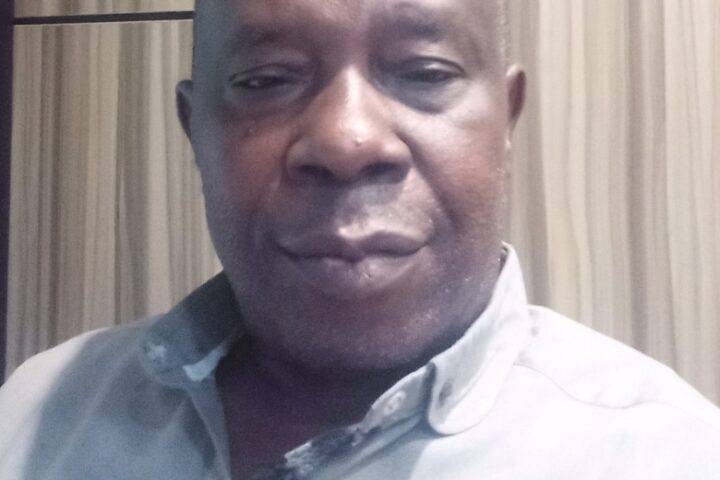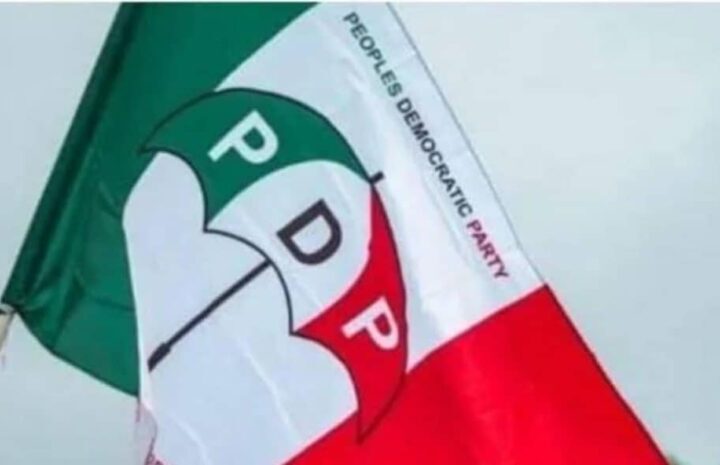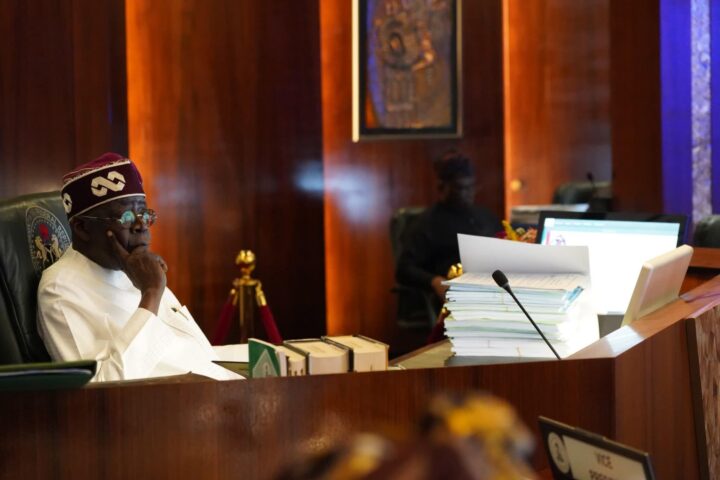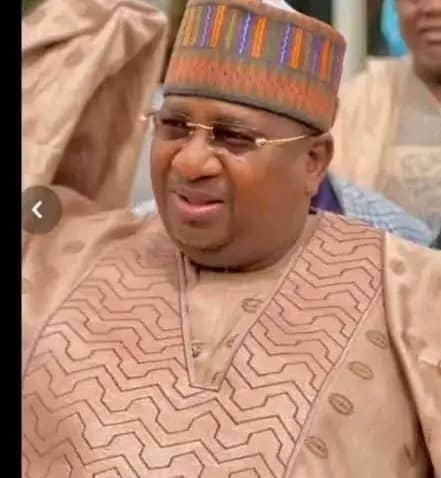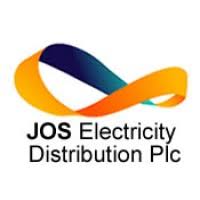UTM Offshore Limited has expressed commitment to conducting operations with integrity, sustainability, and respect for the communities and environment.
The Group Managing Director/CEO of UTM Offshore Limited, Dr. Julius Rone, disclosed this at the just-concluded African Energy Week in Cape Town, South Africa.
According to him,the company works with top engineering companies and other partners to execute Nigeria’s first Floating Liquefied Natural Gas (FLNG) project.
He stated that the project, located offshore Akwa Ibom State, has made significant progress because of partnering with reputable companies like Japan Gas Corporation (JGC), Technip Energies NV, and Kellogg, Brown & Root (KBR) to achieve this feat.
He emphasized the import of collaboration and securing gas supply for the project’s success.
He said: “I believe that one of the things that we got right from the beginning is to have the best engineering companies in the world. We have been able to get a consortium – Open Sea Technologies – as the team that is developing the Nigeria’s first FLNG project.
“We need to do a lot to cross the borders to get the final investment decision, FID. First and foremost, we need to get hands together, be able to see the clear sign of gas for your project because supply is essential for the project.
“We need to make sure that we have all the segments in one piece, the upstream, the midstream, and the downstream. We need to identify the gas that will give us a project on the upstream side, on the midstream, and on the downstream. So, we needed to partner with NNPC, who is in a joint venture with the international oil company.
“The asset identified from where we are going to form is a 60-40 split between the NNPC and the SEPLAT Energy. One thing that is great is that the gas currently being re-injected, has been declared as a stranded gas. For us, the upstream and the downstream are together. In the midstream, we have been able to look at the example presented by the electrostatic LNG in Mozambique. There are similar electrostatic LNG in Malaysia and Kuwait.
“In terms of experience and ability to deliver the engineering part of the midstream, all of that is covered. We need to go back and look at the financing. We have to get the afforestation bank from Cairo, Egypt.
“The bank has a mandate to pay for the debt and equity on our behalf. That is going on pretty well because the afforestation bank has a mandate to support the African trade and support Africa’s indigenous companies.
“You need a bank of such magnitude to be able to pull the funds together, aggregate from other banks, and then be able to see the debt being covered. We have been able to achieve that. We have condensate. As part of domestic requirements, we are leaving the out-of-region domestic market to support the industrial environment, while the LNG will be exported to support demand in Europe and Asia.
“I believe that the project is on a trajectory involving three steps – get land supply agreement, get sales agreement, and then go into the finance and declare a final investment decision, FID. In the next couple of weeks from now, we should sign the land supply agreement. That has been negotiated up to 95 per cent. We are very close to it.”
However, in a recent ceremony granting the “License to Construct” (LTC) to the company, Dr. Rone had expressed gratitude to stakeholders, including President Tinubu, for their support.



